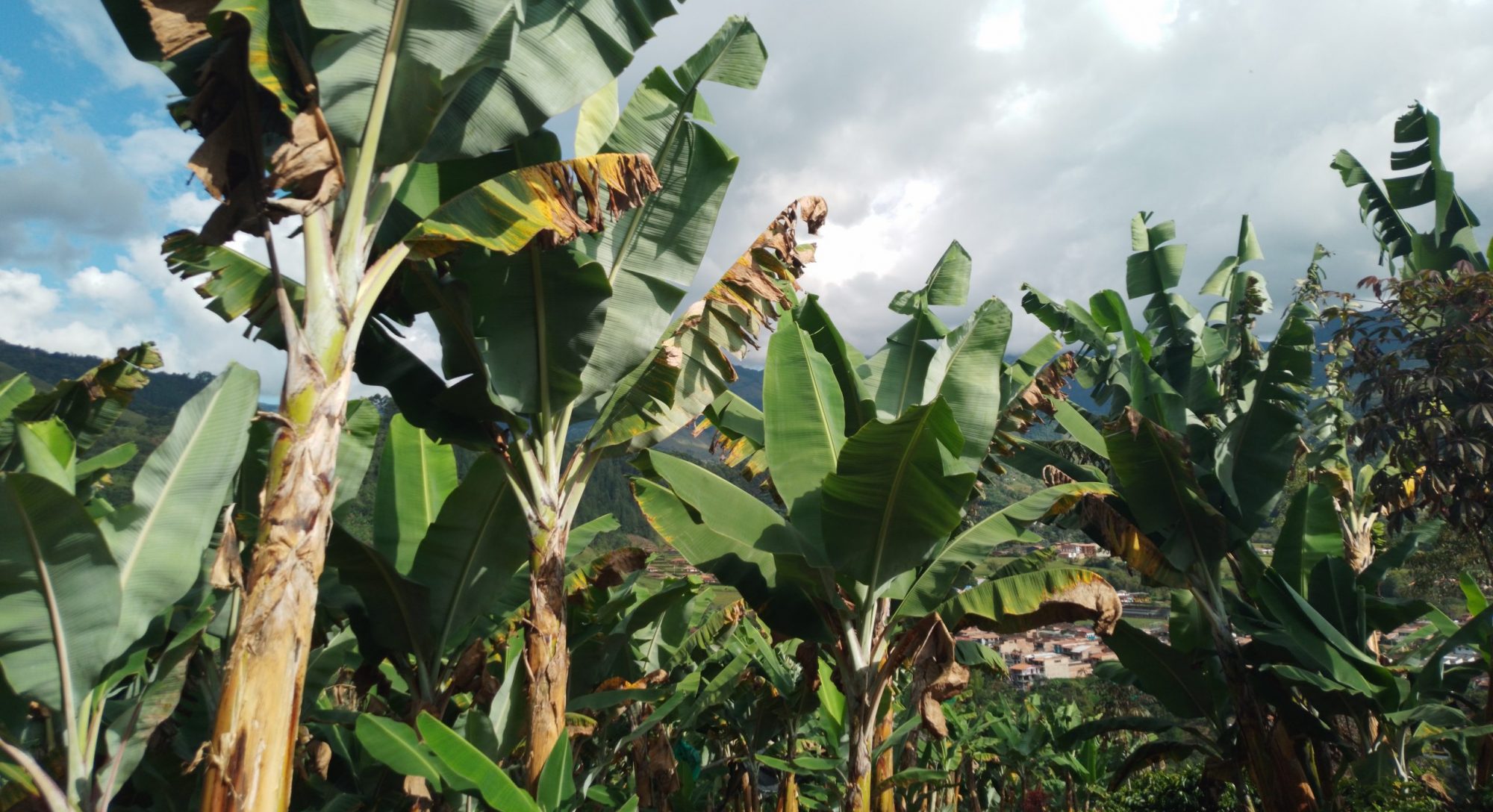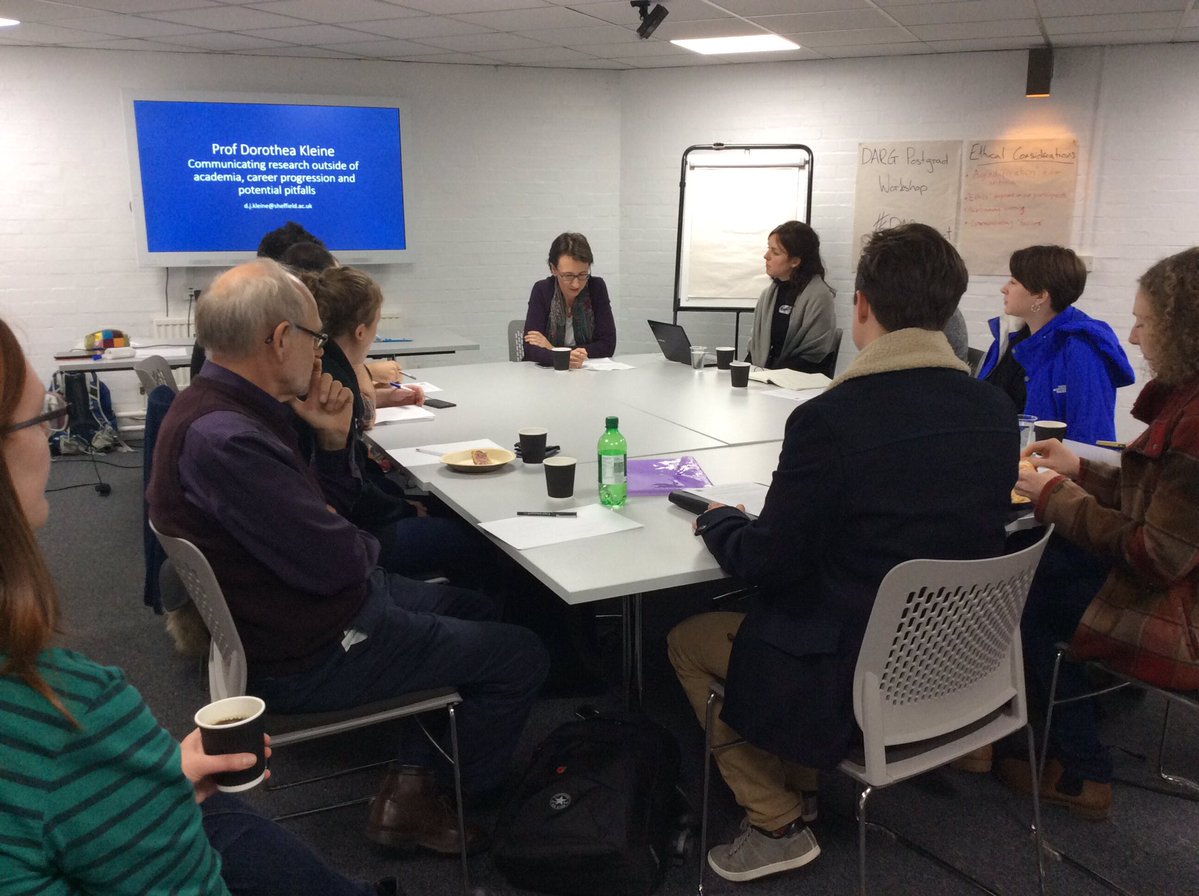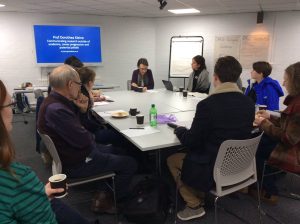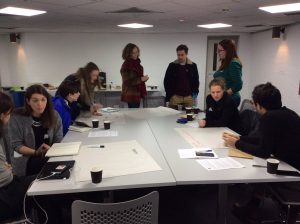In November 2017 DARG ran a postgraduate workshop focusing on developing a communications and impact strategy for your work. For those who were unable to attend we have included some useful resources below and a communication and impact plan template available to use here.
Useful resources
- INASP does a lot of work with development policy-makers and can provide useful advice on Policy Influence Plans. In addition, they have some great resources for those working in developing countries, and information about communicating research with academics and practitioners in other countries. (Follow them on Twitter: @INASPinfo)
- Research to Action has a huge number of resources on making sure your research is accessible and used by development practitioners and policymakers. Specifically, there are loads of useful guides and templates available here. (Follow them on Twitter: @Research2Action)
- Communications & Impact strategy guides: In addition to our basic template, ESRC has a useful guide here, and a list of alternatives can be found here.
- If you’re interested in creative methods of communication, check out PositiveNegatives, which produces some fantastic comics and animations on humanitarian and development issues. (Follow them on Twitter: @PosNegOrg) If you think a creative medium could be a great way to share your work/research “story” with particular groups, why not check out the Arts-based courses taught at your university – producing a film, animation, comic, podcast etc. linked to your research could be a great project for an undergraduate or Masters-level student, either as part of their course or to develop their portfolio…
- The LSE Impact blog has some interesting articles on impact, including this recent one on “bridging the gap between research and policy”.
- Remember to check out courses offered by your institution. Most have training or resources on publishing, working with the media, using social media as an academic etc. And if they don’t, make a request for them to start offering such support! It’s also worth making sure you are always letting someone from your university or research centre know if you are trying to promote a publication/blog post/presentation etc. so they can help you to share it widely and offer you communications support.
- Lastly, if you are thinking of trying out Twitter as an academic, start off by ‘following’ some DARG-related profiles:
– DARG: @DARG_RGS
– RGS Postgraduate Forum: @PGF_RGSIBG
– RGS Postgrad Forum for Masters students: @PGFmasters
– RGS Higher Education: @RGS_IBGhe
– Prof Dorothea Kleine: @dorotheakleine
– Gemma Pearson: @GemKPea
– Hannah Smith: @hannahesmith_13
… and check out who they follow.






